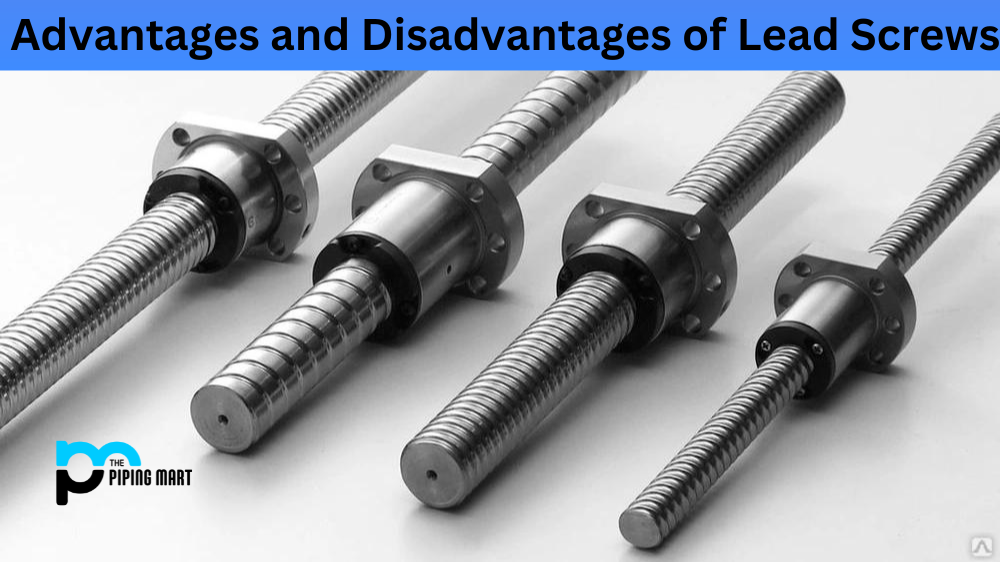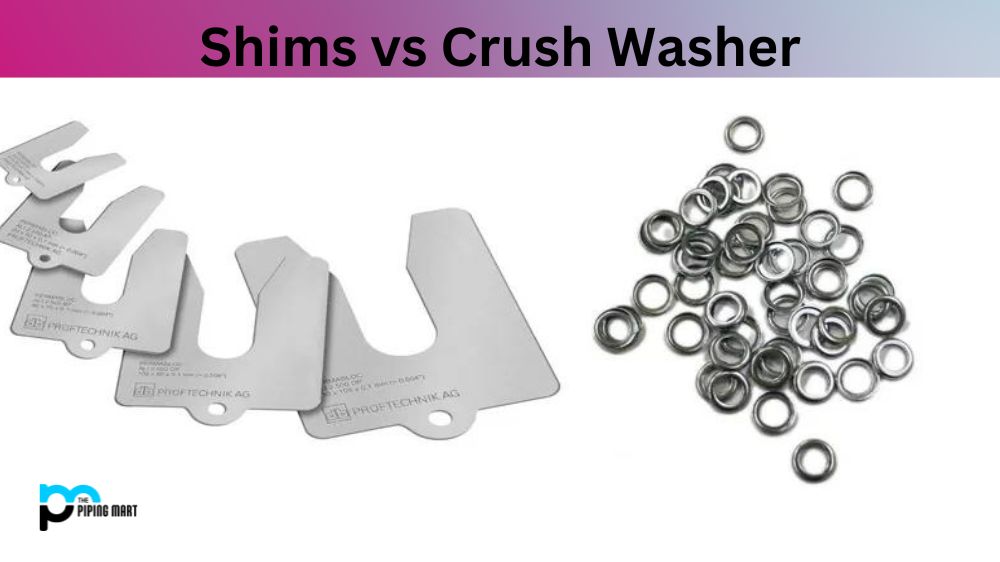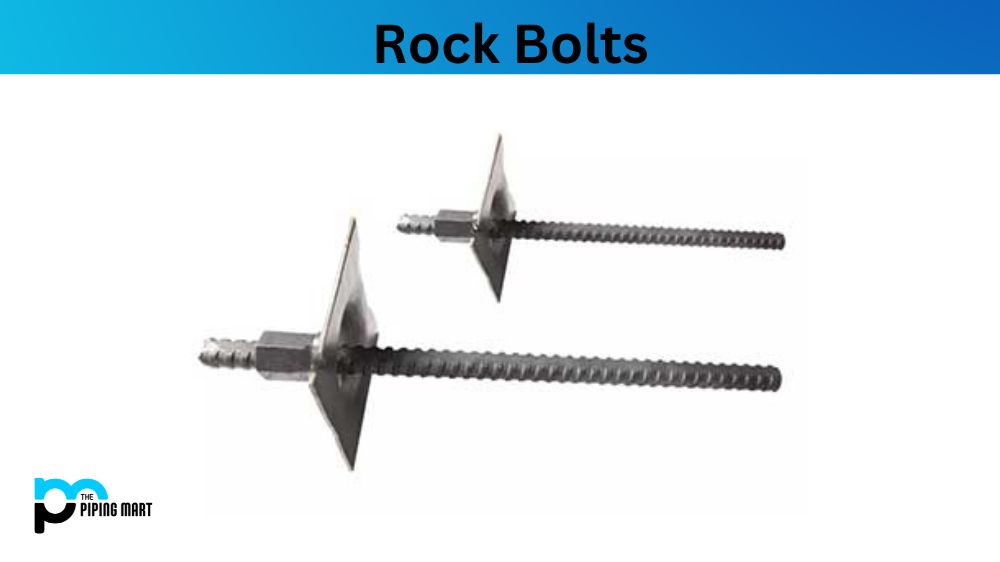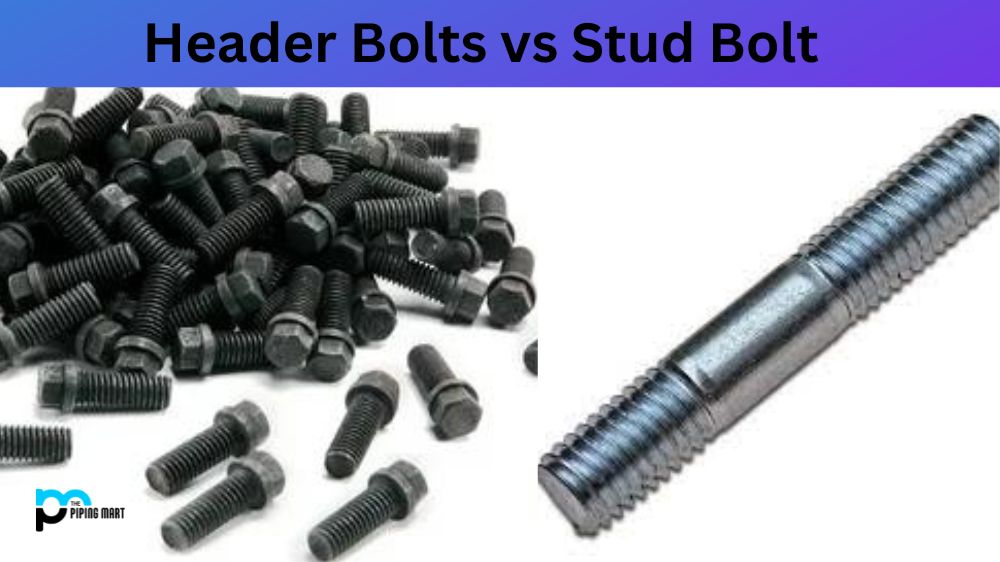Regarding precision motion control, lead screws are popular in many industries. They are affordable and have a high load capacity and positional accuracy. Lead screws are often compared to other motion control devices, like ball screws and linear motors. This blog post will explore the advantages and disadvantages of using a lead screw.
Advantages of Lead Screw
Cost-Effective
Lead screws are more affordable than other motion control devices like linear motors and ball screws. They are suitable for applications requiring simple motions without extensive complexity.
Load Capacity
Lead screws are suitable for heavy loads. They can handle a load that ball screws may not be able to, making them ideal for vertical applications.
Environmental Resistance
Lead screws are known to resist environmental factors like dust, debris, and moisture, making them ideal for outdoor applications and harsh manufacturing environments.
High Positional Accuracy
Lead screws are a great choice regarding positional accuracy. This is because they have a high lead angle, allowing them to produce improved resolution, accuracy, and repeatability.
Disadvantages of Lead Screw
Backlash
Backlash is a structural clearance between the nut and the screw. Lead screws’ moving parts are subject to wear and tear, causing some degree of backlash. It can reduce positional accuracy and make the system less efficient.
Speed Limitations
Lead screws have limitations when it comes to speed. When a lead screw is in motion, friction and heat can be generated. This can lead to premature wear, lubrication issues or increased operating temperatures.
Maintenance
Lead screws require regular maintenance to function correctly. Lubrication, cleaning, and general maintenance are necessary to ensure the system is operating correctly.
Noise
Lead screws can generate more noise than other motion-control devices like ball screws. The mechanical system can create a whining or humming noise when in motion.
Conclusion
When choosing a motion control device, it’s important to consider the advantages and disadvantages of each type. Lead screws offer several advantages, such as a high load capacity, excellent environmental resistance, and cost-effectiveness. However, they also have some limitations, such as the possibility of backlash, speed limitations, regular maintenance requirements, and noise. Ultimately, it comes down to the application requirements and budget of the project to decide whether a lead screw is the best option.

A passionate metal industry expert and blogger. With over 5 years of experience in the field, Palak brings a wealth of knowledge and insight to her writing. Whether discussing the latest trends in the metal industry or sharing tips, she is dedicated to helping others succeed in the metal industry.




